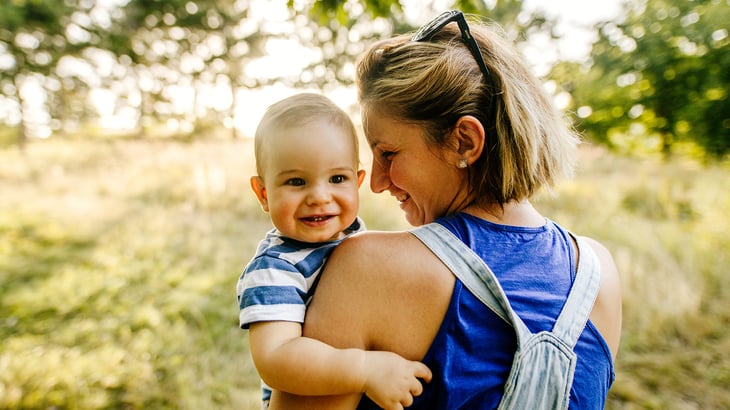How Christians Can Share the Gospel with Someone Battling Depression
This post is adapted from Faith That Engages the Culture by Rev. Dr. Alfonso Espinosa.
Sin, the world, and the devil throw many curve balls when it comes to trying to get a grip on a basic and right view about depression. Two basic problems arise:
The Foundation of Our Hope
Why the Book of Malachi for this time? Malachi offers a peek into the souls and moods of Israelite men and women. In fact, Malachi’s words are perfectly timed to provide encouragement at a time when God’s people doubted His love for them. The Israelites were centered on their lamentable plight and denied owning up to any displeasing conduct. Hope is a fitting finale to a very trying season in 2020. Many people are troubled, some dealing with loss and grief, and all of us could use a bit of hope. There is a better day coming. And that better day is not based on the outcome of the election, the return of income, or even better health.
How We Steward Our Bodies Helps Us Serve Christ and Others
Many people make New Year’s resolutions to be healthier, either mentally or physically. Whether your goal is to eat more vegetables or to start going to therapy, the goal of your resolution is likely to be a better version of yourself.
Being healthy encompasses more than just having low cholesterol or reaching a certain number on the scale.
Look to Jesus for Encouragement During Parenting Trials
There are plenty of times while raising a child that, as the parent, you have control over the choices being made. One area where this does not apply is the day that your child is old enough to drop their nap. As their body grows, your child naturally reaches a point where the only time he or she needs sleep is during the nighttime hours.
Longing for Community? Find It Here
This post is excerpted from Connected to Christ: Overcoming Isolation through Community by Brian Davies. Read below to see how you can find community in Christ’s Church.
The Christian Vocation within the Culture
Faith is something Christians hold onto tightly. It is part of what makes us who we are, and it is a gift from God that makes our daily lives matter. Through our faith in Him, we are able to live a life that stands out no matter what culture we are born into. Read an excerpt about a Christian’s holy vocations within the culture from Faith That Sees through the Culture written by Alfonso Espinosa.
Living a Life of Reconciliation
“What causes quarrels and what causes fights among you? Is it not this, that your passions are at war within you? You desire and do not have, so you murder. You covet and cannot obtain, so you fight and quarrel.” (James 4:1–2a)
We know fighting and quarreling all too well. In reading this passage from James, we recognize that conflict caused by sin isn’t a new problem. Adam and Eve’s eating of the forbidden fruit brought quarreling and conflict into the human family and put humanity at conflict with all of creation. We can say confidently: Wherever two or more sinners are gathered, conflict will occur. So how are we to deal with conflict?
Our Callings through God’s Plan for Us
As a college senior, I feel an incredible amount of pressure to have my life figured out and to be living out what I was born to do. This is most likely the case for any college student or young adult who may be preparing to face the real world. Society leads us to believe that our lives must be perfect and full of purpose in order to have meaning. I blame social media for this, as that is the main platform people of my generation use to share their so-called perfect lives. Obsessing over what other people are doing in life leads to comparison, which can lead to believing that everyone else has their purpose in life figured out.
God Is Never Distant
The pastor steps up to the pulpit. He lays before him the outline of his sermon. There are some correction marks throughout the pages, but he is ready to preach. He lifts up his head, peers out into the sanctuary space, and notices a striking difference. This year, the pews are empty. His audience cannot be seen behind his smartphone as he broadcasts his sermon on social media. This year is different; from the pulpit, he feels alone.
Overcoming Excuses for Sinful Behavior
In our house, we have two little people, and they seem to be constantly going through growth spurts. Lately, my four-year-old has started using his growing as an opportunity to always have an “out” when he doesn’t want to do something. When it’s time to clean up toys or help with a small task, he likes to respond: “I am too tired to do that.” And sometimes he probably is actually tired, but we have started to talk through the difference between being tired and just not wanting to help out, even if they go hand in hand. When he declares he is too tired to do something, we have started asking him about the root of that statement. “Are you really too tired, or is helping your sister just something you don’t want to do right now?”


























